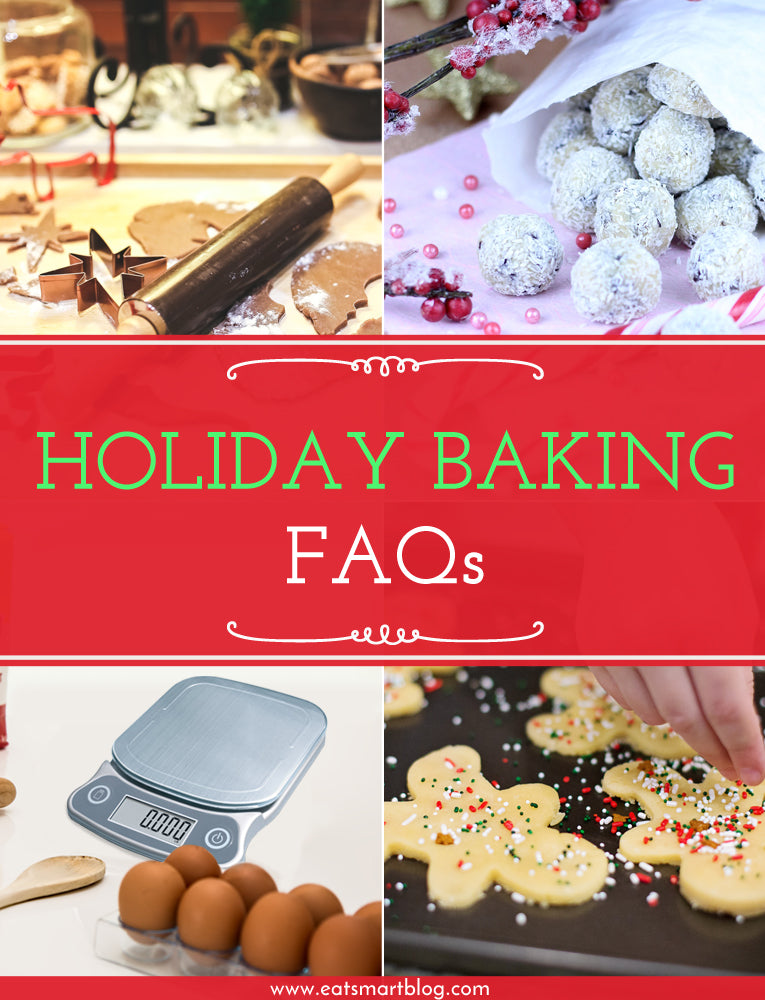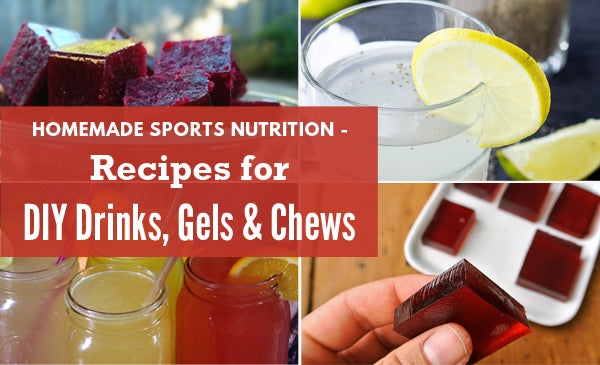January 23, 2024
Blog
Holiday Baking FAQs

Have you ever had a cake cave in the middle, a custard pie crack, or wondered about an unfamiliar ingredient? Sometimes things happen to our baked goods and we have no idea what went wrong. We want this to be the best holiday baking season ever and to prevent these annoyances from happening again. Here are the answers to some of the most commonly asked baking questions.



A: Dutch process cocoa powder is treated with an alkaline solution. This partially neutralizes the acid in natural unsweetened cocoa powder. It has a much darker color than the natural powder, think Oreos or Whoopie Pies. Dutch cocoa has a higher pH than natural cocoa and this can affect the rise of your cake or cookies. Therefore, we would advise against this substitution.

A: Your butter is probably too warm. Try chilling the dough for 30 minutes before baking to reduce spreading. Alternately use a combination of butter and shortening for a tender cookie that doesn’t spread as much.


Q: How do I prevent chocolate from seizing up in the microwave?
A: Chocolate hardens when it gets too hot. The best way to eliminate this problem is to melt chocolate in a double boiler. To melt it in the microwave cook it at half power for one minute, stir and repeat in 20 second increments until the chocolate is fully melted.Q: A recipe calls for buttermilk but I don’t have any on hand. Can I substitute something else?
A: Absolutely! To make buttermilk, place 1 tablespoon of white vinegar or lemon juice in a liquid measuring cup. Add enough milk to bring the liquid up to 1 cup. Let stand for 5 minutes and it’s ready to use.
Q: How can I determine when my loaf of bread is done baking?
A: The most accurate way to tell if your bread is fully baked is with our Precision Elite Thermocouple Food Thermometer. Stick the thermometer into the side of the bread; most breads are done at 190° F. Breads enriched with butter, eggs, or milk are finished when the internal temperature is closer to 200° F.Q: The recipe calls for unsalted butter but I only have salted available. Can I still use it?
A: You can, but it may alter the taste of your baked goods, as a home baker cannot determine how much salt is in the butter. If you do choose to use the salted butter, omit any added salt from the recipe.Q: Can I use brown sugar instead of white sugar?
A: Yes, the difference between brown and white sugar is mostly a matter of preference. Brown sugar adds a taste of molasses to baked goods.
Q: Can I substitute regular sugar for confectioners’ sugar?
A: Confectioners’ sugar has a much finer texture as well as a bit of cornstarch. Therefore, it is not recommended to switch one for the other. The only time these two sugars could be substituted would be in the case of decorating.
 Q: My recipe calls for Dutch cocoa powder; what is it and can I use regular cocoa powder instead?
Q: My recipe calls for Dutch cocoa powder; what is it and can I use regular cocoa powder instead?
A: Dutch process cocoa powder is treated with an alkaline solution. This partially neutralizes the acid in natural unsweetened cocoa powder. It has a much darker color than the natural powder, think Oreos or Whoopie Pies. Dutch cocoa has a higher pH than natural cocoa and this can affect the rise of your cake or cookies. Therefore, we would advise against this substitution.
Q: My cake sunk in the middle! What happened?
A: There are a few reasons for a sinking cake. Your oven temperature could be off; an oven thermometer will give you a correct reading. Opening the oven repeatedly to check on a cake could also cause a cake to collapse. The use of old baking soda can cause a cake to rise and fall. The same problem can occur when too much baking soda is used. Finally, was your cake baked long enough? Stick a piece of uncooked spaghetti into the middle of the cake, only a few moist crumbs should cling to it. If batter clings to the spaghetti strand the cake needs additional cooking time.Q: What is cream of tartar? Can I use tartar sauce instead?
A: Cream of tartar is a stabilizer and used in meringues and whipped cream to hold their shape. Cream of tartar also is used as an ingredient to activate baking soda in some cake and cookie recipes. Tartar sauce cannot be substituted here.Q: If I am baking in a high-rise apartment do I need to adjust my baking for high altitude?
A: No, there is no need to adjust your cooking time.
Q: Why did my homemade brownies turn out rubbery?
A: You probably used too much flour. A cup packed with flour has too much volume. For best results we recommend measuring flour with a Precision Pro Digital Kitchen Scale. A cup of all-purpose flour is 4.25 oz or 120 g. You can read about other types of flour and their conversions here. Pro Tip: Measuring out ingredients in one bowl on a digital kitchen scale eliminates extra measuring cups and bowls, making clean up a breeze. Read more about the tare feature.
 Q: Why do my cookies spread out so much when baking?
Q: Why do my cookies spread out so much when baking?
A: Your butter is probably too warm. Try chilling the dough for 30 minutes before baking to reduce spreading. Alternately use a combination of butter and shortening for a tender cookie that doesn’t spread as much.



